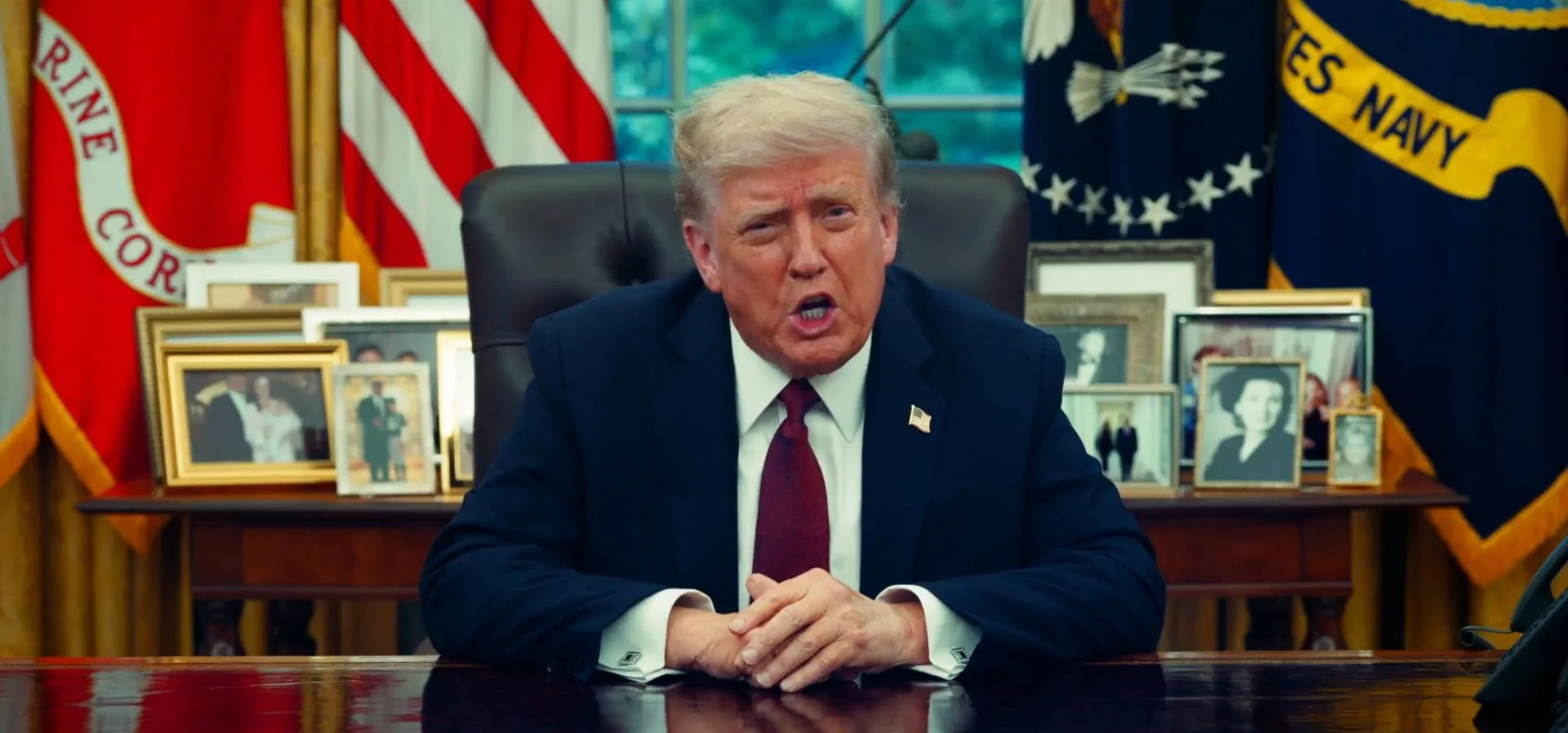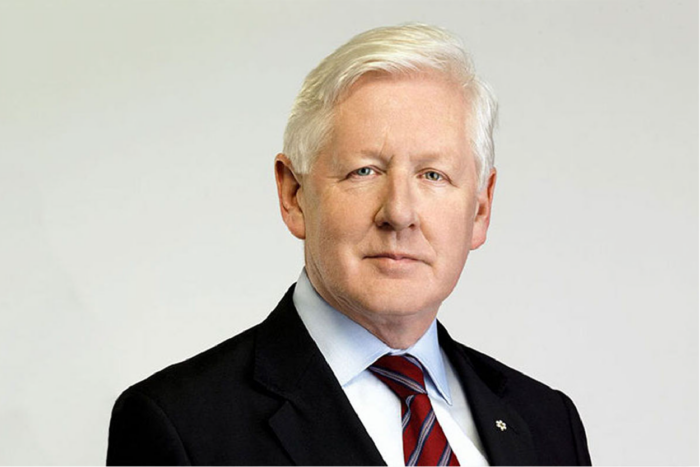Economy is ‘under mortal threat,’ says Nanos
Nanos Reserach Chief Data Scientist Nik Nanos.
Canadians are hoping for more cooperation among their political leaders and the government needs to think about how to create a stable economic environment for businesses to plan accordingly, said Nik Nanos, chief data scientist at Nanos Research.
“For business leaders, the last thing they want is bickering — bickering between provinces, bickering between the provinces and the federal government, bickering, between the opposition parties,” Nanos told Means & Ways in an interview ahead of Parliament returning from its summer recess.
“Canadians and businesses are ready to see greater cooperation even across party lines knowing that our economy is under mortal threat,” he noted. “There are sectors that could be materially negatively impacted by the relationship with the United States if it doesn't work. It's a time not necessarily for everyone to agree, but it's time for everyone to work together.”
Infrastructure and projects of national interest will be a key feature of this Parliament. On Thursday, the government announced a shortlist of five major infrastructure and resource projects for review by its new Major Projects Office. According to a statement from Carney’s office, the projects are intended to drive economic growth, strengthen trade and energy security, and support Canada’s transition to clean energy.
The list includes:
LNG Canada Phase 2 project in Kitimat, B.C.
Darlington New Nuclear Project in Bowmanville, Ont.,
Contrecœur Terminal Container Project near Montreal
McIlvenna Bay Foran Copper Mine in Saskatchewan
Red Chris Mine expansion in northwest B.C.
Nanos said bold infrastructure spending and a push toward a more unified national economy could be key to restoring public confidence.
“Infrastructure is one of the few areas where Canadians are comfortable with government spending,” Nanos said, noting that visible results such as “paved roads” or “a refurbished port” make the spending feel tangible. He added that recent research suggests Canadians are prepared to support major national infrastructure projects even if some provinces oppose them.
Focus on progress over consensus
“What the research suggests is that there’s license for the government to move forward, even if everyone doesn’t agree on a particular project,” he said. “People want to see things happen. … Although they’d like a consensus, having a consensus, at least in this current environment where people are worried about the Canadian economy, it’s not an absolute requirement.”
At the same time, he said the government’s broader ambition to create “one economy” across Canada will be a heavy lift.
“It’s working in terms of sounding good,” Nanos said. “But… to have one economy is ambitious, considering that the government is fighting more than 100 years of history in terms of regional interests and provincial interests and barriers within the federation. The ambition is welcome from average Canadians. It’s going to be difficult and take time and effort to get to that vision.”
Economic anxiety remains front of mind for voters. When asked about top concerns, Nanos said Canadians repeatedly cite financial issues above all else.
“Money, money, money,” he said. “The top unprompted issue of concern is … Trump and U.S. relations, which is code for trade, the economy, certainty or uncertainty, and that’s followed by jobs and the economy, and then inflation and then the cost of housing.”
According to Nanos, Canadians “are holding their breath on the economy” and the uncertainty around the Canada-U.S. relationship has kept consumer confidence “sputtering at neutral.”
Confidence is fragile, but not fractured
In a recent analysis, Nanos wrote, “The signal is clear: confidence is fragile, but not fractured.” Even with the Liberals at 42.7% support in the polls, he cautioned against assuming the governing party has widespread momentum. The Conservatives hold 32.9% support and NDP 12.8%.
“The Liberals have not messed up, but they haven’t been able to deliver,” he told Means & Ways, adding they’re saying the right things, but Canadians will want to see results.
Meanwhile, Conservative Leader Pierre Poilievre faces his own challenges, even after regaining a seat in the House after this summer’s by-election in Battle River—Crowfoot, Alta.
“His numbers on the preferred prime minister tracking have improved, but he’s still significantly trailing Mark Carney,” Nanos said. “He has to figure out how he can differentiate himself from the Liberals [and] from a Liberal government that is doing a lot of things that are popular with Conservative voters.”
Nanos also said the New Democratic Party could become a decisive factor in shaping Canada’s political landscape — and the fates of both the Liberals and Conservatives.
NDP are the Conservatives’ best friend
“The NDP are the party to watch,” he said. “They control the destiny of the Conservatives and the Liberals at the same time. If the NDP cannot get back into someplace between 15 to 20% support … it’s good news for the Liberals, because that progressive vote is not divided.”
If the NDP’s fortunes improve, it could split the progressive vote and potentially create an environment for the Conservatives to be more competitive.
He suggested the Conservatives might even try to boost the NDP’s profile in the House of Commons to erode Liberal dominance.
“For the Conservatives, their best friend is the New Democrat in the House of Commons,” Nanos said. “I wouldn’t be surprised if the Conservatives, trying to look magnanimous … see if there’s a way to help the New Democrats have more of a platform to attack the Liberals. But behind that generosity of spirit, it will be realpolitik. They need the NDP to do better in order to split the progressive vote.”
Looking ahead, Nanos predicted the tone in the House of Commons may be sharp but less bitter than in recent years.
“My sense is that it’s not going to be as toxic,” he said. “It’s still going to have an edge, but it’s not going to have the same kind of velocity of anger that we saw in the past.”
Still, public patience will depend on whether the government can move from promises to action — especially on the economy and infrastructure, he said. “People want to see things happen. They want to see results.”






